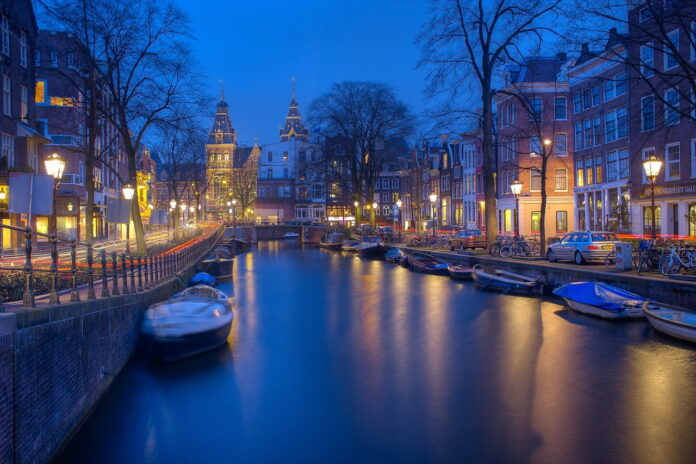As the world becomes increasingly urbanized, with over 55% of the global population residing in cities, the concept of urban travel is undergoing a significant transformation. The new era of city tourism is not just about exploring the concrete jungles, but doing so in a way that is mindful of environmental impact and sustainability. Sustainable urban travel prioritizes the reduction of carbon footprints, conservation of resources, and the well-being of local communities. It’s a holistic approach that encompasses transportation, accommodation, activities, and the overall tourist experience within the cityscape. This shift is driven by a growing awareness of climate change and a collective responsibility to preserve our planet for future generations.
The Rise of Eco-Friendly Transportation: From E-Scooters to Electric Buses
One of the most visible changes in sustainable urban travel is the rise of eco-friendly transportation. Cities around the world are expanding their networks of electric buses, which offer a cleaner alternative to traditional diesel-powered public transport. According to the International Energy Agency, electric bus fleets have grown significantly, with China leading the charge, deploying hundreds of thousands of electric buses in recent years. Additionally, the proliferation of e-scooters and bike-sharing programs provides residents and tourists alike with low-carbon options for short-distance travel. These modes of transport not only reduce emissions but also alleviate traffic congestion, making city exploration more enjoyable and efficient.
Green Accommodations: How Hotels and Hostels are Transforming for Sustainable Tourism
Accommodations are also playing a crucial role in the sustainable urban travel movement. Hotels and hostels are transforming their operations to become greener. This includes implementing energy-efficient lighting and heating systems, reducing water usage with low-flow fixtures, and sourcing local and organic food for their restaurants. Some establishments have even achieved LEED certification, a globally recognized symbol of sustainability achievement.
Local Experiences and Responsible Tourism: Balancing Enjoyment with Environmental Care
Sustainable urban travel is not just about where you stay or how you get around; it’s also about the experiences you choose to have. Responsible tourism encourages travelers to engage with local cultures in a way that is respectful and beneficial to the community. This can include participating in tours led by local guides, dining at restaurants that source ingredients from nearby farms, or attending cultural events that support local artisans. By doing so, tourists can enjoy authentic experiences while contributing to the local economy and minimizing their environmental impact.
Smart Cities and Technology: Innovations Shaping the Future of Urban Travel
Technology is a game-changer in the realm of sustainable urban travel. Smart cities, which leverage data and technology to improve infrastructure and services, are at the forefront of this revolution. Innovations such as real-time traffic management systems, energy-efficient smart buildings, and digital platforms for sharing economy services are making urban travel more sustainable. For example, apps that allow users to find and book shared transportation options can significantly reduce the number of private vehicles on the road. Additionally, advancements in renewable energy technology are enabling cities to power these services with a smaller environmental footprint.
Policy and Planning for Sustainable Urban Tourism: What Governments are Doing to Promote Eco-Friendly Practices
Governments play a pivotal role in promoting sustainable urban tourism through policy and planning. Many cities have developed sustainability plans that include targets for reducing greenhouse gas emissions, increasing the use of renewable energy, and improving waste management. Policies such as congestion pricing, incentives for green building, and support for sustainable transport initiatives are becoming more common. For instance, Amsterdam’s “Sustainable Amsterdam” strategy focuses on reducing traffic in the city center, promoting cycling, and ensuring that all public transport will be emission-free by 2025. These government-led efforts are crucial for creating the infrastructure and regulatory environment that enables sustainable urban travel to flourish.
The future of urban travel is inextricably linked to sustainability. As cities continue to grow and attract more tourists, the need for eco-friendly practices becomes ever more pressing. From the rise of electric and shared transportation to green accommodations and local experiences, every aspect of city tourism is being reimagined with sustainability in mind. Smart city innovations and government policies are providing the necessary support to make these changes possible. By embracing sustainability, urban travel can not only reduce its environmental impact but also enhance the quality of experiences for tourists and locals alike. As we look to the future, it is clear that sustainable urban travel will be at the heart of vibrant, livable, and resilient cities.
